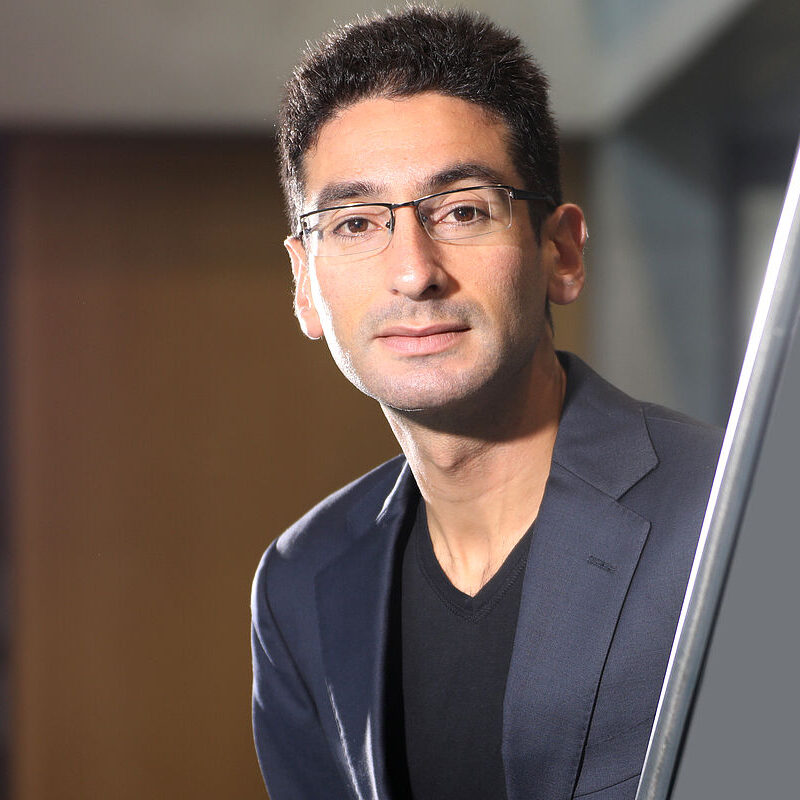
Research Fellows 2020 - 2022
Fellows in chronological order
From 2020-2022, eight international scholars visited ZeMKI:
- Prof. Dr. Phoebe Moore (Universität Leicester, Großbritannien) (5. Oktober – 26. November 2021)
- Dr. Anamaria Dutceac Segesten (Universität Lund, Schweden) (30. Oktober bis 30. November 2021)
- Prof. Dr. Hillel Nossek (Kinneret College am See Genezareth, Israel) (15. November bis 15. Dezember 2021)
- Prof. Dr. Michelle Stack (Universität von British Columbia, Vancouver, Kanada) (1. bis 30. April 2022)
- Prof. Dr. Fernando Cavalcante (UNI7, Fortaleza, Brasilien) (18. April bis 20. Mai 2022)
- Prof. Dr. Gregory Grieve (Universität von North Carolina, Greensboro, USA) (25. Juni bis 25. Juli 2022)
- Prof. Dr. Chankyung Pak (Kyungpook National University, Südkorea) (23. Juni – 21. Juli 2022)
- Prof. Dr. Nicholas Baer (Universität Groningen, Niederlande) (3. bis 28. Oktober 2022)
Prof. Dr. Phoebe Moore (Universität Leicester, Großbritannien)
Phoebe V. Moore ist assoziierte Professorin für politische Ökonomie und Technologie an der School of Business der University of Leicester, Vereinigtes Königreich. Sie schreibt bereits seit 1997 über Arbeit und den Kampf der Arbeitnehmer, als sie während der ostasiatischen Wirtschaftskrise in Südkorea lebte. Ihre aktuelle Forschung befasst sich mit den Auswirkungen der Technologie auf die Arbeit aus einer kritischen Perspektive, wobei sie die Quantifizierung durch tragbare Überwachungsgeräte und algorithmische Entscheidungsfindung als eine Reihe von Managementtechniken betrachtet, die Kontrolle und Widerstand sowie neue Risiken psychosozialer und physischer Gewalt mit sich bringen (2015, 2016, 2017, 2018). Ihre früheren Arbeiten befassten sich mit der Rolle der Gewerkschaften in der internationalen Entwicklungs- und Armutspolitik in Bezug auf die multilateralen Beziehungen der Internationalen Arbeitsorganisation (2014), mit Subjektivität und den radikalen Potenzialen der nicht-proprietären Peer-to-Peer-Produktion, die Arbeitnehmer über virtuelle Räume hinweg miteinander verbindet (2009, 2011), sowie mit der Globalisierung der Arbeitnehmerbildung aus einer neogramscianischen Perspektive, in der die Hegemonie noch nicht gefestigt ist, was sich in anhaltenden Arbeitnehmeraufständen auf internationaler Ebene zeigt (2005, 2006, 2007).
Sie war zwischen 5. Oktober 2021 und 26. November 2021 am ZeMKI als Research Fellow.

Dr. Anamaria Dutceac Segesten (Universität Lund, Schweden)
AnamariaDutceacSegestenis Senior Lecturer in European Studies at Lund University. She holds a PhD in Political Science from the Univeristy of Maryland (USA) and has been a postdoctoral research fellow at the University of Copenhagen. Research- wise, Dr. Dutceac Segesten has written extensively on the topic of nationalism, collective identity and conflict. She is currently driving several projects investigating the role of social media in democratic politics. Her pedagogical experience covers European Union politics, International Relations, Comparative Politics and East and Central European politics. Dr. Dutceac Segesten is co-founder of the European Studies discipline at Lund University. She has taught at universities in the United States and Scandinavia, where she has supervised over 40 theses at the under and post-graduate levels. She has been twice nominated for university-wide pedagogical awards. Dr. Dutceac Segesten is an active member of the SamTech think-tank, founded at Lund University for the purpose of providing expert advice on how technology impacts society, and of the Artificial Intelligence/Machine Learning network, which brings together engineers, data scientists, humanists, lawyers, and social scientists to discuss the development of AI and its practical, social, and ethical consequences.
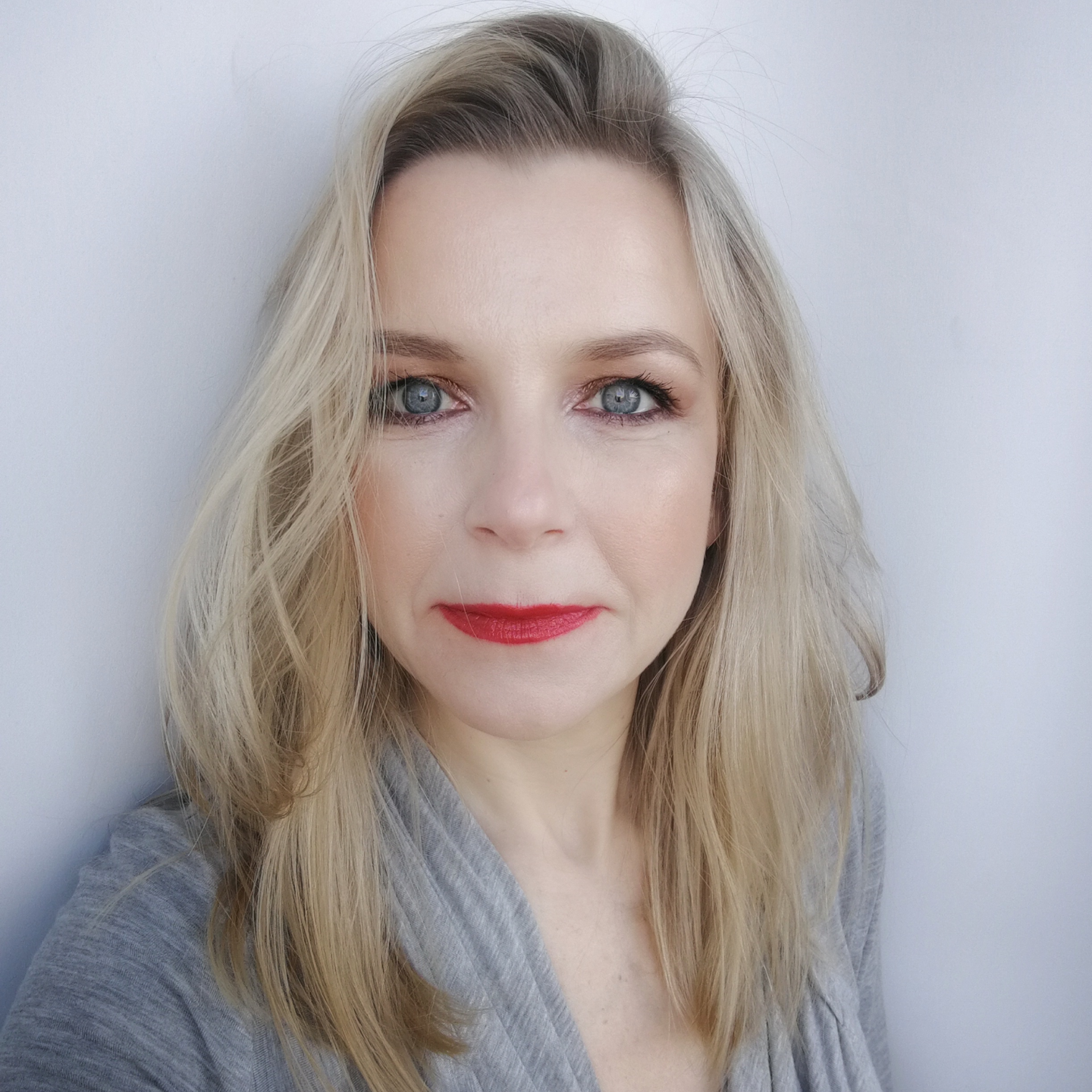
Prof. Dr. Hillel Nossek (Kinneret College am See Genezareth, Israel)
Hillel Nossekis head of the research authority and head of the Communications Department of the Kinneret Academic College on the Sea of Galilee. Since October 2018, he is head of the Dan Shomron Institute for Research on Security, Society and Peace Studies. Among the academic positions he held in the past: Dean of the School of Communications, Head of the Research Authority and Head of the Teaching Authority of the College of Management Academic Studies, Chairman of the Israel Communication Association and Head of the Media, Public Opinion and Society Sector at the International Association for the Study of Mass Media. Editor of the Journal of the Israel Communication Association: Media Frameworks (from 2015). His primary research and publications include the consumption of new and old media, and their use for the construction of social identities; News in general and foreign news in particular (production, distribution, and consumption). He is also interested in the link between political violence, terrorism and media; Military and media relations in general, and military and security censorship in particular, as well as community communications and alternative media.

Prof. Dr. Michelle Stack (Universität von British Columbia, Vancouver, Kanada)
Michelle Stackis Associate Professor at the Department of Educational Studies of the University of British Colubmia at Vancouver Campus, Canada. She is the author of GlobalUniversityRankingandthe Mediatization of Higher
Education,and she is editor of a second upcoming book on university rankings and journal impact factors. Michelle has led several courses and workshops focused on building the capacity of scholars and scholar- practitioners to engage media to expand policy debates. She has also led community engaged research using photovoice and video. Michelle is an associate professor in Educational Studies at the University of British Columbia, winner of the 2017 Killam Award for Teaching, a public commentator on education and a former senior policy advisor.
Her central research interest concerns how people, knowledge and institutions are categorized and the influence of these categorizations on our ability to grapple with “wicked problems” including inequity and climate change.
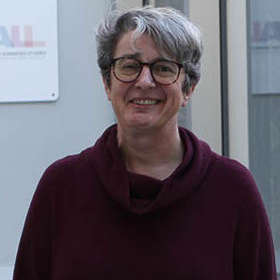
Prof. Dr. Fernando Cavalcante (UNI7, Fortaleza, Brasilien)
FernandoCavalcanteis Associate Professor of Media and Communication Research at the Department of Communication at UNI7, Fortaleza, Brazil. He is also the coordinator of the Communication Research Center (NUPECOM) and member of the UNI7 Distance Learning Implementation Board. He is founder and senior researcher of the Ernst Manheim Public Opinion Laboratory. His main research focus is on the development of a software project for conversation analysis and interaction in instantaneous communication networks (WhatsApp) and focus group research analysis with Qualitative Data Analysis Software (ATLAS.ti).
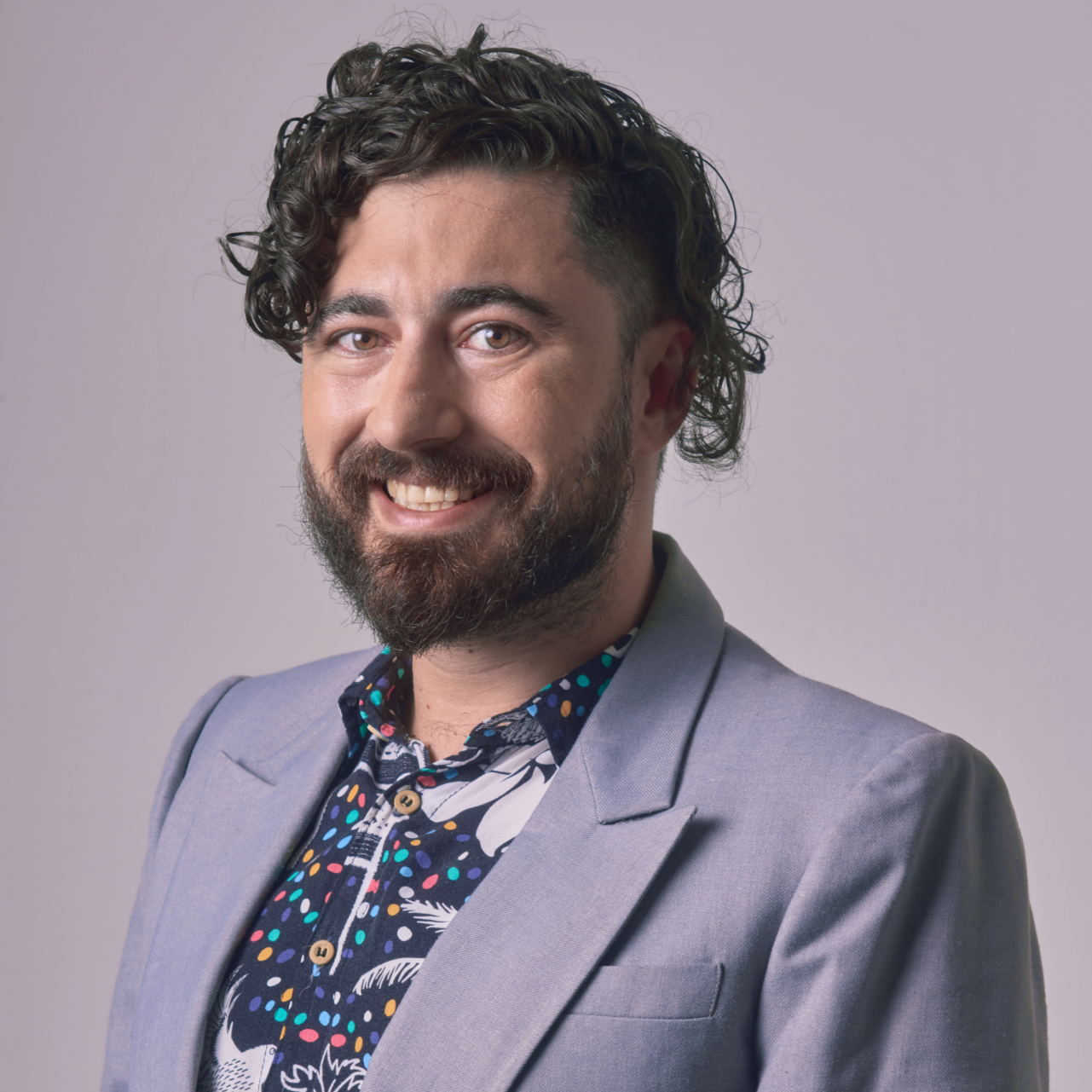
Prof. Dr. Gregory Grieve (Universität von North Carolina, Greensboro, USA)
GregoryPriceGrieveis Professor and Head of the Department of Religious Studies at the University of North Carolina at Greensboro. He conducts research at the intersection of religion, popular culture and Buddhism, with a particular focus on religious practices that employ digital media, such as the Internet, virtual worlds, and video games. His most recent book, CyberZen(2016), explores Buddhist identity, community and religious practices in the virtual world of Second Life. Besides an accomplished researcher he is a decorated teacher, and an able administrator. In 2016, he was awarded the UNC Board of Governors Award for Excellence in Teaching, the highest honor bestowed by the North Carolina system for superior teaching.
Service also plays a pivotal role in his career, and he has served on over forty major committees, as the Head of the Department, and as the Chair of the College Assembly. Through his service to the profession he has shaped the field of digital religion by serving as an advisor to the National Endowment for the Humanities and the Social Science Research Council, and has served as a series editor for Routledge and De Gruyter.
Furthermore, he pioneered the study of digital religion during his six years as chair of the American Academy of Religion’s Religion and Popular Culture Group, and he is now chair of the AAR’s new Seminar on Religion and Digital Gaming. He is also a founding member of the International Academy for the Study of Gaming and Religion, and its new journal, Gamevironments.
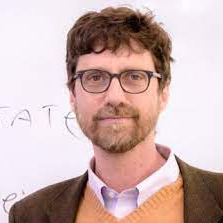
Prof. Dr. Chankyung Pak (Kyungpook National University, Südkorea)
Chankyung Pakis Assistant Professor in Division of Business and Management (DBM) at Beijing Normal University-Hong Kong Baptist University (BNU-HKBU UIC). He is a computational social scientist who’s interested in the evolution of public discourse mediated by transforming media ecosystem. In most of his works, he tries to put media studies, information science and economics together. Currently, he works with Dr. Magdalena Wojcieszak for an ERC project on backfire effects that follow exposure to dissimilar views online. While he is an avid learner of economic theory, mathematical argument and machine learning, he started as a cultural study scholar and still is looking to connect his research back with critical theories on algorithms and artificial intelligence. He recently defended his dissertation, “News Organizations’ News Link Sharing Strategies on Twitter: Economic Theory and Computational Text Analysis,” in the Department of Media and Information at Michigan State University. He is also a former member of Behavior, Information and Technology Lab (BITLab).
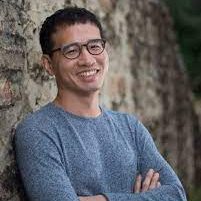
Prof. Dr. Nicholas Baer (Universität Groningen, Niederlande)
Nicholas Baeris Assistant Professor of Film Studies at the University of Groningen. He was a Harper-Schmidt Fellow in the University of Chicago’s Society of Fellows at the rank of Collegiate Assistant Professor in the Humanities. He completed his PhD in Film & Media and Critical Theory in 2015 with a dissertation on the relationship between cinema and the crisis of historicism in the early twentieth century. Together with Anton Kaes and Michael Cowan, he edited The Promise of Cinema: German Film Theory, 1907–1933 (University of California Press, 2016), which won the Limina Award for the Best International Film Studies Book and the Award of Distinction for Best Edited Collection from the Society for Cinema and Media Studies.
Baer’s research has been supported through yearlong fellowships from the Fulbright Program, German Academic Exchange Service (DAAD), and Leo Baeck Institute / Studienstiftung des deutschen Volkes. He is also the recipient of the Karsten-Witte-Preis for best film essay of the year from the Gesellschaft für Medienwissenschaft.
